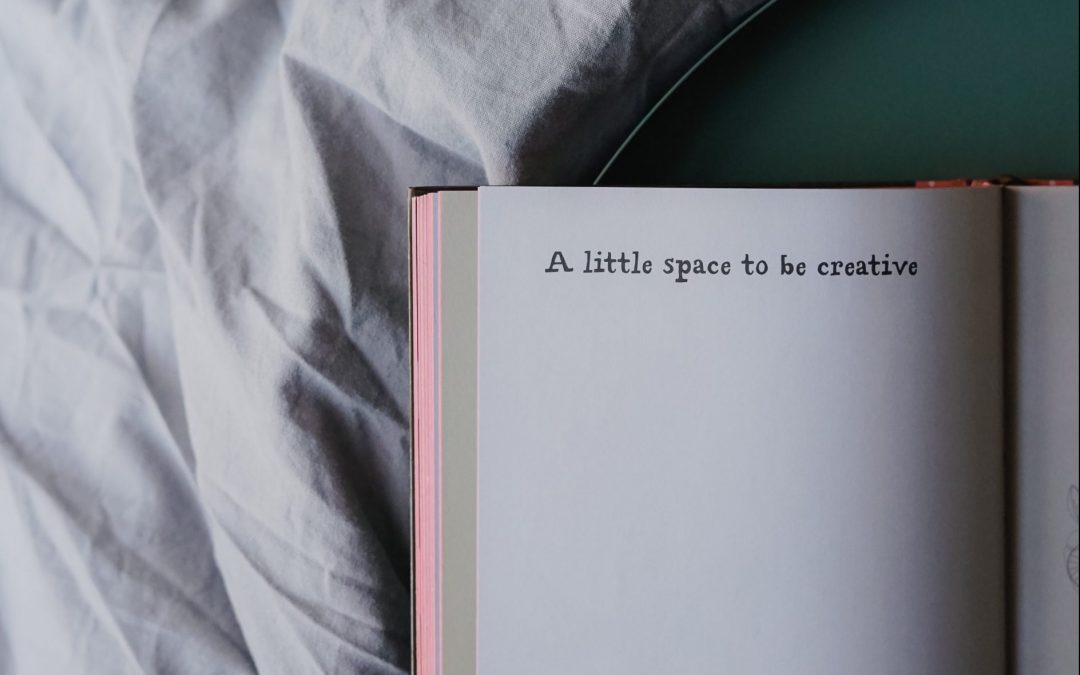I loved sharing my story with you about subjective memory—about how my daughter and I remember a conflict from her teenage years differently. And, how we’re navigating that difference now that she’s an adult and we’re both writing our life stories.
There’s a separate but related aspect of life story writing I want to address, and it centers on a question clients often ask me: How factually true should our memoirs be?
I do have an answer to this question!
But the answer isn’t in percentages. There’s no mathematical equation for how factually true our memoirs should be.
A lot of life story writers and people toying with the idea of writing their personal histories doubt their memories are strong or reliable enough to write down.
What if the version of events they remember isn’t factually accurate? Is it okay to write down a story that feels true but might not hold up to fact-checking (which is rarely possible anyway)?
I’ve helped clients work through questions like these. One woman wrote a story about a time when the truth felt more fluid than factual.
Monica’s Story.
Monica had a story to tell about the end-of-life conversations she had with her father, conversations that tied up loose ends for her and provided healing for them both. Her struggle in writing about it was that their many conversations took place over the course of his year-long illness; each time she visited him, they would have a small breakthrough. It was a long process.
The conundrum: The story about Monica’s reconciliation with her dad was just part of her larger autobiography. She only wanted to spend a few pages on it, and she wanted to use dialogue so her reader could feel present—right there in the room with them.
The first time Monica wrote her reconciliation story, she stuck as close as possible to the facts, breaking bits of conversation into the different times she visited her dad. The result was disjointed and 30 pages!
It wasn’t very fun for her to write it that way, it wasn’t very engaging to read, and—most importantly—it didn’t have the emotional impact of what they had lived through together. Because the factual story was so long and tiresome to both write and read, the loving coming together that had happened between Monica and her father felt diluted and anticlimactic to her.
We asked ourselves this question: Is it possible to condense a year’s worth of small conversations into a few pages while also staying true to what happened?
The answer is YES.
The leeway in life story writing.
I believe, and I tell my clients, that you’re allowed to lean into the emotions of past events in favor of the strict facts, especially if leaning into emotions helps you tell a story that feels truer.
Monica decided to take all the most profound bits of conversation that occurred between her and her dad and write them into one story, one visit to his bedside. The result was a long healing conversation between them that packed all the punch of the actual peace they both felt when they said good-bye for good.
It felt honest to Monica to write the story this way, and I can tell you from experience that it was also more satisfying to read. I knew the factual series of events, and I felt the condensed version of the story honored them and what they had lived through together.
Monica didn’t need to worry about anyone contesting her story because the only other person who knew how many actual conversations had occurred wasn’t alive anymore.
There will be times for life story writers, though, when the people with whom we’ve lived through the past don’t agree with our version of events.
My belief
If you’ve stuck to your truth, as long as you’ve told your story as honestly as possible, it’s okay if others dispute your “facts.”
Many published memoirists correct for factual discrepancies in their stories by including an author’s note at the beginning of their books. You could do something similar, even if it’s simply at the start of your notebook, or in a digital document with the other writings on your computer.
Let me take a stab at one way Monica could address her reader regarding the liberties she took while writing her story:
I have done my best to convey the truth of my life as my heart experienced it. In the interest of storytelling, I have moved some events around and even bent time in a few cases. For example, my final conversation with my father in Chapter 8 actually represents many smaller, less cohesive conversations we had over the course of his year-long cancer journey. If you knew my father, you know what a stickler he was for proper grammar. You’ll also remember his quick wit. I know he would approve of how my condensed version of the story makes us both sound smarter and funnier than the raw transcript of our conversations would. Most important to me was documenting the healing that occurred between us.
Memory has its own story to tell. Sometimes the truth asks insignificant facts to step aside.
Ask yourself as you write whether you’re getting at the truth. The stories will follow.


